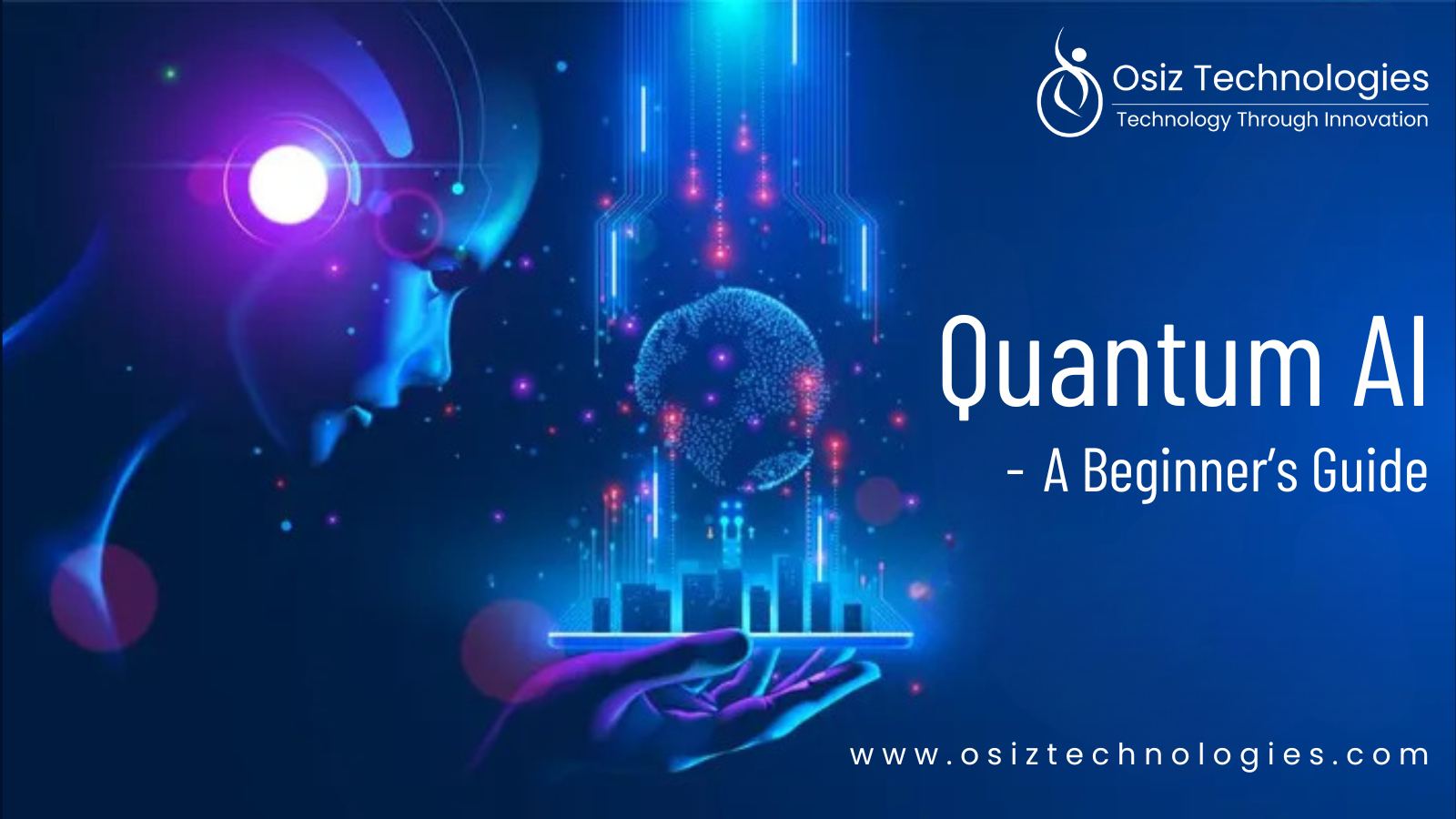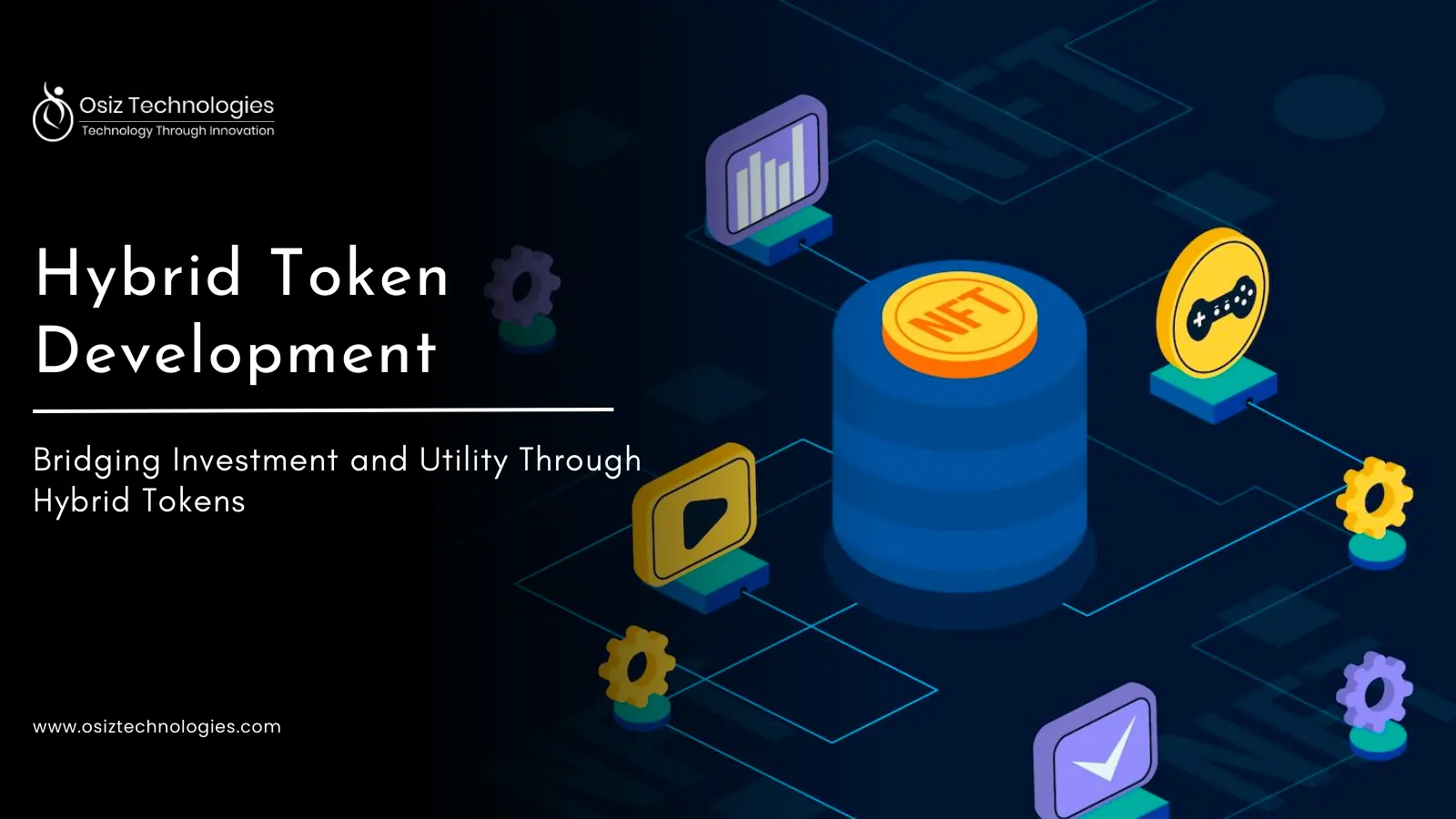The combination of artificial intelligence and quantum computing is one of the most groundbreaking technological developments today. Together, they point toward the future of computational intelligence—a system where learning powers unlimited processing capabilities. This emerging field, called Quantum Artificial Intelligence, is fundamentally changing what machines can comprehend, anticipate, and generate.
Understanding the Core: What Is Quantum AI?
Quantum AI merges quantum computing and artificial intelligence, applying principles of quantum mechanics to develop more potent AI systems. By employing quantum computers capable of processing data at speeds exponentially greater than classical ones, Quantum AI seeks to tackle intricate problems beyond the reach of conventional AI, including drug development, financial forecasting, and optimization tasks.
AI and Quantum Computing combine strengths. AI uses quantum mechanics to solve problems that classical computers can't. This fusion isn't just about speed. It changes how data is understood. It lets us see data in multiple dimensions at once. This idea started long ago, in the early days of quantum learning.
History of Quantum AI
Quantum AI Technology traces its origins to the early 20th century, when physicists such as Max Planck, Albert Einstein, and Niels Bohr uncovered that energy and matter exhibit unique behaviors at the atomic scale. This revolutionary insight into particles and probability formed the basis for key technologies like semiconductors and lasers—essential components of today’s computing systems.
As scientific inquiry progressed, quantum mechanics laid the foundation for the emergence of Quantum Computing in AI Development in the 1980s, championed by figures such as Richard Feynman and David Deutsch. Rather than relying on classical bits that exist in binary states of 0 or 1, quantum computers employ qubits that can exist in superpositions and become entangled, allowing for vastly more complex computations. This innovation enabled the tackling of challenges beyond the reach of conventional computers, including advanced molecular modeling and cryptographic analysis.
Now, this progression has entered a new stage—Quantum AI. AI and Quantum Computing Integration with the powerful processing capacity of quantum systems, Quantum AI facilitates rapid learning, optimization, and decision-making on an unprecedented scale. It represents the fusion of two revolutionary technologies, with quantum hardware significantly enhancing AI performance and ushering in a new age of intelligent computing.
Beyond Classical Limits: Why Quantum Needs AI
Error Correction and Noise Reduction
Quantum computers are extremely sensitive to environmental disturbances, which can lead to errors. AI-driven algorithms can identify, monitor, and rectify these errors in real time, enhancing the reliability and precision of quantum computations.
Quantum Circuit Optimization
Creating efficient quantum circuits is challenging because of the enormous variety of possible setups. AI aids in optimizing them by discovering the most effective computational routes, thereby lowering resource consumption and processing time.
Data Interpretation and Pattern Recognition
Quantum computing generates vast, probabilistic datasets that are challenging for traditional analytical techniques. AI shines in identifying patterns, allowing researchers to understand and interpret quantum results more quickly and accurately.
Accelerated Algorithm Development
AI can help identify and improve quantum algorithms by automatically simulating, testing, and optimizing them, thereby reducing development time and broadening the range of possible quantum applications.
Bridging Quantum-Classical Integration
Today's leading systems are hybrid, blending classical and quantum computing. AI serves as the intelligent connector between them, overseeing workflows, allocating resources, and facilitating seamless interaction between the two computing domains.
Quantum Brains: Real-World Projects and Their Investors Powering the Shift
SandboxAQ
- SandboxAQ is a leader in integrating quantum technologies with artificial intelligence, specializing in quantum-inspired solutions for cybersecurity, healthcare, and materials science.
- It develops "Large Quantitative Models" (LQMs) that fuse quantum physics with AI-powered analysis.
- Backed by prominent investors such as Google, Nvidia, BNP Paribas, T. Rowe Price, and Breyer Capital, the company secured additional funding in 2025 to speed up advancements in quantum-AI applications across various sectors.
Quantinuum
- Resulting from the combination of Honeywell Quantum Solutions and Cambridge Quantum, Quantinuum is developing end-to-end quantum systems powered by AI.
- Their latest "Generative Quantum AI" advancement highlights the mutual benefits of AI and quantum algorithms—where each improves the other.
- Backed by major investors such as Honeywell, JPMorgan Chase, Mitsui, Amgen, and Nvidia’s NVentures, Quantinuum stands among the most financially supported participants in the global quantum-AI competition.
Multiverse Computing
- Multiverse Computing focuses on quantum software for finance, energy, and manufacturing, creating AI-driven quantum models and optimization solutions inspired by quantum computing.
- By integrating AI, the company aims to deliver practical quantum computing benefits now.
- Backed by investors including Bullhound Capital, HP Tech Ventures, Toshiba, and Santander Climate VC, Multiverse is advancing the real-world application of quantum AI in enterprise settings.
QpiAI (India)
- QpiAI integrates quantum enhanced artificial intelligence to tackle practical industrial issues like drug development, climate simulation, and farming efficiency.
- Headquartered in Bengaluru, it is a prominent player in India's growing quantum-AI landscape.
- The company has secured investment from Avataar Ventures and backing from the National Quantum Mission (NQM), with the goal of scaling quantum-AI innovations across the country.
QuEra Computing
- QuEra is developing neutral-atom quantum processors, forming the essential hardware base for future quantum-AI technologies.
- The company aims to build scalable, fault-tolerant quantum computers capable of handling advanced AI tasks.
- Backed by NVentures (Nvidia) and Google (Alphabet), QuEra is advancing the development of physically robust quantum hardware designed to support next-generation AI models.
Why Quantum AI Isn’t Mainstream Yet
Unstable Quantum Hardware
Quantum computers are still fragile. Qubits, the fundamental building blocks of quantum information, are extremely vulnerable to noise, temperature fluctuations, and external interference, leading to unreliable computations. Without the development of stable, fault-tolerant hardware, widespread quantum AI is not feasible.
High Development and Maintenance Costs
Creating and maintaining quantum systems demands extremely low temperatures and advanced materials, leading to costs in the millions. As a result, only large corporations and research organizations can afford them, hindering widespread commercial use.
Lack of Practical Quantum Algorithms
The majority of quantum algorithms are either theoretical or tailored to particular scientific applications, with few efficient ones developed for real-world AI tasks such as model training or data optimization, limiting their practical adoption.
Shortage of Skilled Talent
Quantum AI requires specialized knowledge in quantum physics, artificial intelligence, and sophisticated mathematics. The scarcity of skilled professionals slows advancement and drives up the cost of experimentation.
Integration Challenges with Classical Systems
Quantum and classical systems are built on entirely different principles. Connecting them demands innovative hybrid approaches that can convert quantum information into meaningful classical insights—a task that existing infrastructure has yet to fully address.
The Quantum Leap Ahead
The coming decade will be defined by Next-Generation Quantum AI Systems—machines that can reason, optimize, and evolve beyond human-set boundaries. The emergence of Quantum Optimization Algorithms and Autonomous AI Agents marks a shift toward instant, multidimensional decision-making.
This is the beginning of Quantum Artificial Intelligence, where computation and consciousness converge at the intersection of physics and logic. The future holds limitless potential: industries will be revolutionized, breakthroughs will happen at an unprecedented pace, and human advancement will push the boundaries of what’s possible. Quantum AI is not just an upgrade in computing—it represents the future of intelligent life, and the world is only now starting to understand its true power.
Listen To The Article












